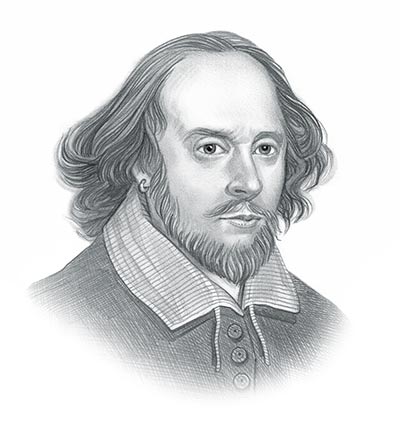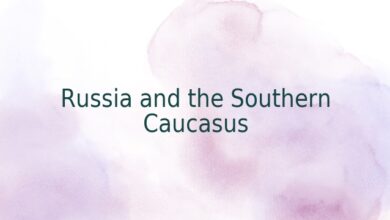
FROM STRATFORD-UPON-AVON TO AN ACTOR IN LONDON?
William Shakespeare left his home, his family, his wife and children in Stratford-upon-Avon to work in London – WHY?
Nobody knows!
There were rumours that he had been accused of poaching and fled to London to avoid prosecution – but there is no documented evidence
Most people tended to stay in the village they were born during the Elizabethan era – travelling was difficult, a license was required to travel (this helped to stop beggars moving from one village to the next and it also helped to contain the spread of the Bubonic Plague)
Shakespeare had received an education – he would have been able to find work around Stratford-upon-Avon
Shakespeare’s father owned several businesses – William could have worked with the family in Henley Street
Stratford-upon-Avon is situated one hundred miles north of London, a journey of four days walking
Who did he know in London?
Acting Troupes were known to have played in Stratford. Shakespeare’s father would have needed to issue these troupes with a license to enable them to perform. So Shakespeare would have known some of these actors!
Richard Field – Richard Field was about two and a half years older than William Shakespeare (Field was baptised November 16th 1561) and lived in Stratford-upon-Avon on Bridge Street, very near to Henley Street until he was 17
Richard’s father, Henry, was a tanner, in the same line of business as William’s father, John Shakespeare
Richard Field moved from Stratford-upon-Avon London and on September 29, 1579 was apprenticed to George Bishop a prominent Printer / Publisher in Blackfriars
Whatever the reason, William Shakespeare was definitely working as an actor in London in 1592
AN ACTOR IN THE ELIZABETHAN ERA
Shakespeare’s choice to become an Actor was surprising to say the least!
The reputation of Actors was not good! Many acting troupes had consisted of Rogues and Vagabonds! Actors were not trusted! Acting Troupes were considered such a threat that that regulations were imposed and licenses were granted to the aristocracy for the maintenance of troupes of players!
Actors would be asked for these credentials – they were treated with suspicion!
Plays were regulated! Plays were subject to censorship – the content of plays was checked to ensure that they did not contain political or religious elements which might threaten the state!
Elizabethan plays were often bawdy and the audiences were rowdy!
THE ACTORS & THEATRES!
There were no theatres in England until 1576!
James Burbage built the the first public playhouse in Shoreditch, London which he called ‘The Theatre ‘
Until this time the courtyards of inns (called inn-yards) were generally used to show plays
But the Inn-yards were successful! There was money to be made in this form of entertainment!
So more theatres were built. They were similar to the design of the Roman amphitheatres, like the Coliseum, but much smaller
Theatres did not just show plays! A theatre was also used as bear pit, brothel and gambling house ( this added to the poor reputation of theatres, actors and playwrights)
THE LIFE OF SHAKESPEARE THE ACTOR
It is not known exactly how many roles Shakespeare played himself but we do know that Shakespeare had began his career on the stage by 1592, because there is reference to this in Robert Greene’s Groatsworth of Wit
It is probable that Shakespeare played the title role in Edward I (a play by Edward Peele) in 1593
It is also assumed that he played smaller roles in a variety of his own plays, including As You Like It (Adam), Macbeth (King Duncan), Henry IV (King Henry), and Hamlet (Hamlet’s father)
Shakespeare’s first biographer, Nicholas Rowe, referred to a role by William Shakespeare as “the Ghost in his own Hamlet” and that he was “the top of his performance”
There was not time for many rehearsals. It was important to put on new plays. Several different plays might show at one theatre in one week – “eleven performances of ten different plays”
Some actors were given their lines by someone whispering them from the side of the stage – This was called “cue acting “
Shakespearean Actors generally only got their lines as the play was in progress called “ cue scripting ” the Actors did not know the plot until the play was being performed!
There were no females in the Theatres. Young boy actors would take on these roles!
There were different sound and visual effects and props which made the performances more exciting
The actors would sometimes be suspended from ropes in order to make flying entrances, and there were also trap-doors in the stage
The amphitheatres were open to the weather, so they were used during the summer months
As time went on Playhouse (similar to our own theatres) were used, especially in the winter
Performances started in the afternoon and ended by early evening
William Shakespeare the Actor soon moved on to becoming William Shakespeare the Theatre owner and Playwright!





